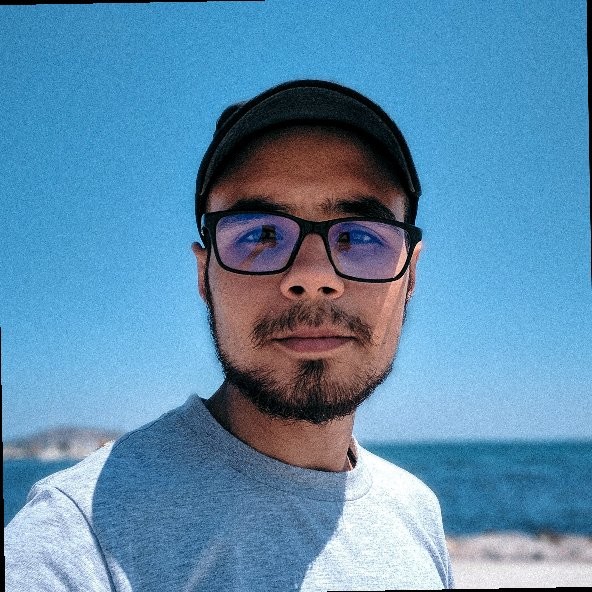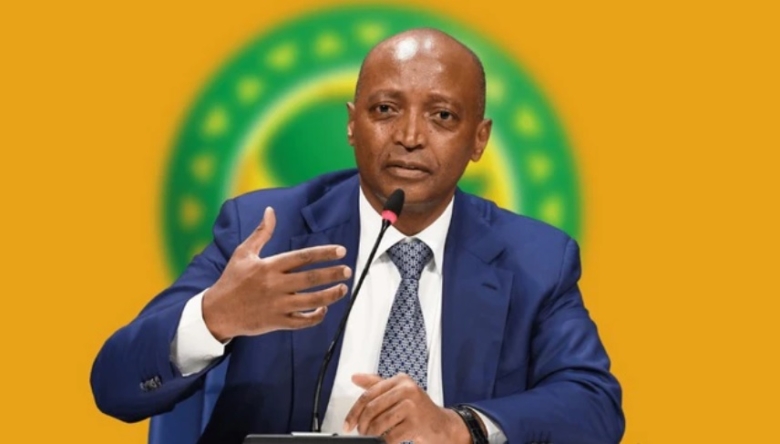The question of why I chose to be a teacher feels disingenuous at times, and the answer cannot be cynical, even if it’s an honest one. It would feel awkward. And a one hundred percent honesty might not be the best communication strategy with emotional beings. The only option left is a bloated truth, the perils of which are sugar coated.
This is not a comprehensive view of the world of teachers. And it’s not an attempt to justify an ill balanced attitude. It’s just an attempt to answer the question. This was a teacher training assignment that morphed into something I felt I should share with the rest of the world.
Teachers have complex roles. And I personally never regarded the profession as a possible choice for a career. The two previous statements define where I come from. I was surprised about the body of knowledge required to do the job. And the second, is about how I personally distanced myself from the classroom environment, as a result of an arduous experience in public schools.
That experience started from my first day at school, and it ended when I stepped into a classroom as a teacher. My incentive was simple and yet realistically motivational. We all have to make a living. And it’s hardly difficult to make the case for why you shouldn’t’t be a teacher. There's a dubious amount of pessimism and cynicism among teachers, and that’s not surprising considering the workload, and the public recognition they get for it. And not to mention, plenty of negative stereotypes attached to the profession.
Another source of anxiety comes from the nature of the job itself. Planning lessons, grading, behavior issues in class, and not too distant: personal entanglements. At times, I found myself at odds with people I was there to help, plenty of people have preconceived notions that gave rise to conflict. There’s a private sector that cuts corners and chooses shortcuts to squeeze more profit. And a public sector marred by politicians and their budget cuts.
Why would anyone, for any reason, even consider teaching? In public schools, plenty call it futile. And in the private sector it’s toxic environment. It’s also dictated by a timetable, you’re there to help other people, to change them, and that leads to resistance. It will leave you at odds with the managers and department heads. The private sector is dominated by a chain of production approach to handling teachers and their professional needs. The teacher is provided with a coursebook, and a teacher book with the key to the activities, a pacing guide for the curriculum. Teaching materials are packaged and ready to be curated for students to consume. An attempt to justify more hours inside the classroom. And while those tools make the job a bit easier, the thinking is flawed and worthy of its own discussion.
And yet, here I am. I’ve survived all of that for three years, will probably survive whatever comes next. I found that it takes a certain level of belief in people to indulge oneself in the process of shaping them. And that’s what education is about. I certainly never had enjoyed a comfortable seat in a public classroom. I’m its product nonetheless. And I made sure to break away from my experience as a student, and to never project the flaws of the past into my practices.
There’s also a sense of fulfillment to see a face brighten up because of what I just did. I received symbolic gifts from my students appreciating how I impacted their lives. I started in the private sector, getting fed up prior to entering the classroom all sorts of stereotypes of about students, their behavior, how snobbish they can be. I walked in, with legs shaking and a dry throat, and I managed to survive it. And to my surprise, students enjoyed it. I didn’t expect a sign of gratitude from them, and yet that’s what I got. A simple “thank you, sir” made my day. That’s how I knew I was doing the right thing.
The teacher has autonomy, dictated by requirements of time, content, milestones, and overall performance. Every lesson is different. Every class is diverse. And that means every day can be special. You need to navigate the chaos, the mess, and noise and land your students to their destination. You’re the captain of a ship and everyone looks at you for leadership. And there are good days, and there are bad days.
So far, I’ve painted a dramatic picture of what the experience was for me. I didn’t know all of that when I first signed up for it. One of the first thing I learned was to develop relationships with students, and since the process of learning can be daunting. A rapport with students for the sake of those difficult times, to follow you to battle against confusion, weary tasks, and exhausted bodies.
I experimented, went off-road at times, and changed my lesson halfway through it. Students knew and appreciated the work when it was tough. They persevered through tests and quizzes. Trusted me in their moments of doubt. I played a part in changing their lives. To help them grow in ways they never knew was possible. They discover new things about themselves. And that’s rewarding to them, and to the one who made it happen.
That’s not all that's in it for me as a teacher. The classroom provides a chance for me as well to learn more, and to develop fresh insights on life. There’s also a wider community of teachers, people with the same DNA as me. A slight difference of ideals and style, and yet the same goals in mind.
The teaching experience is a rich one and its burdens are mildly tolerable. On a personal level, fulfillment comes from providing a stimulating environment for students to grow, and learn not only the content, but also about themselves. The previous sentiment is overly stated, and yet it remains true. It takes a certain level of belief, and leaps of faith. There’s a sense of achievement at the end of each milestone. There’s a chance of positive emotions, engagement, relationships, meaning, and accomplishments.
The End.







